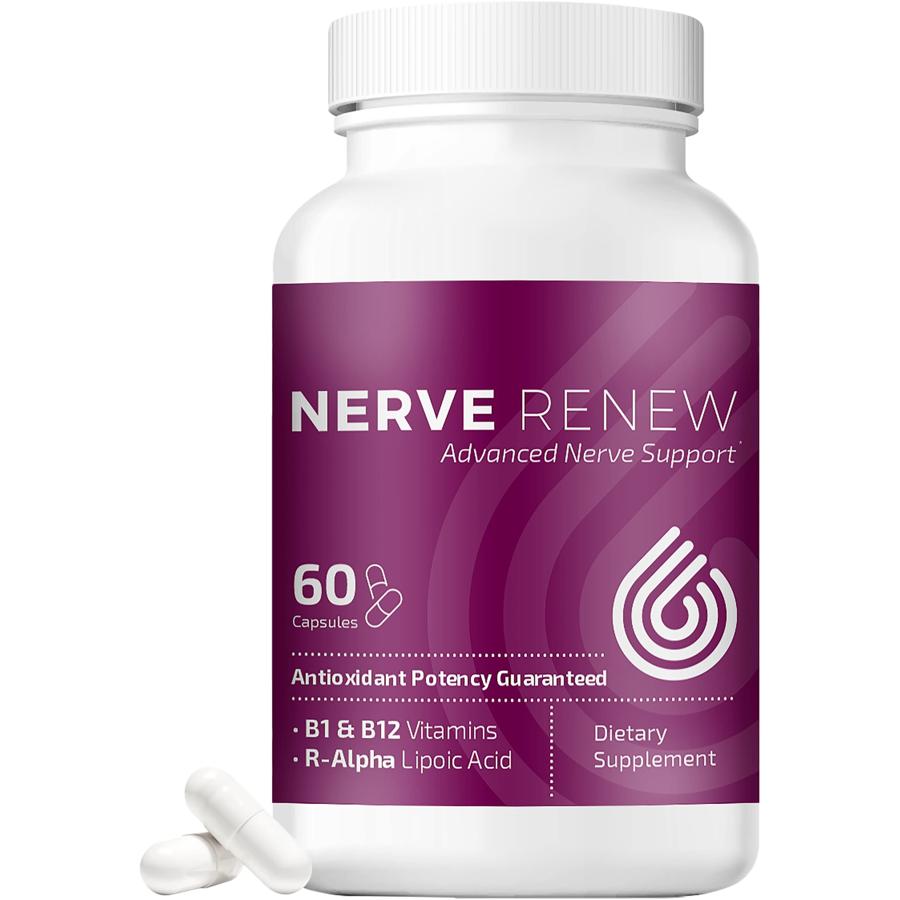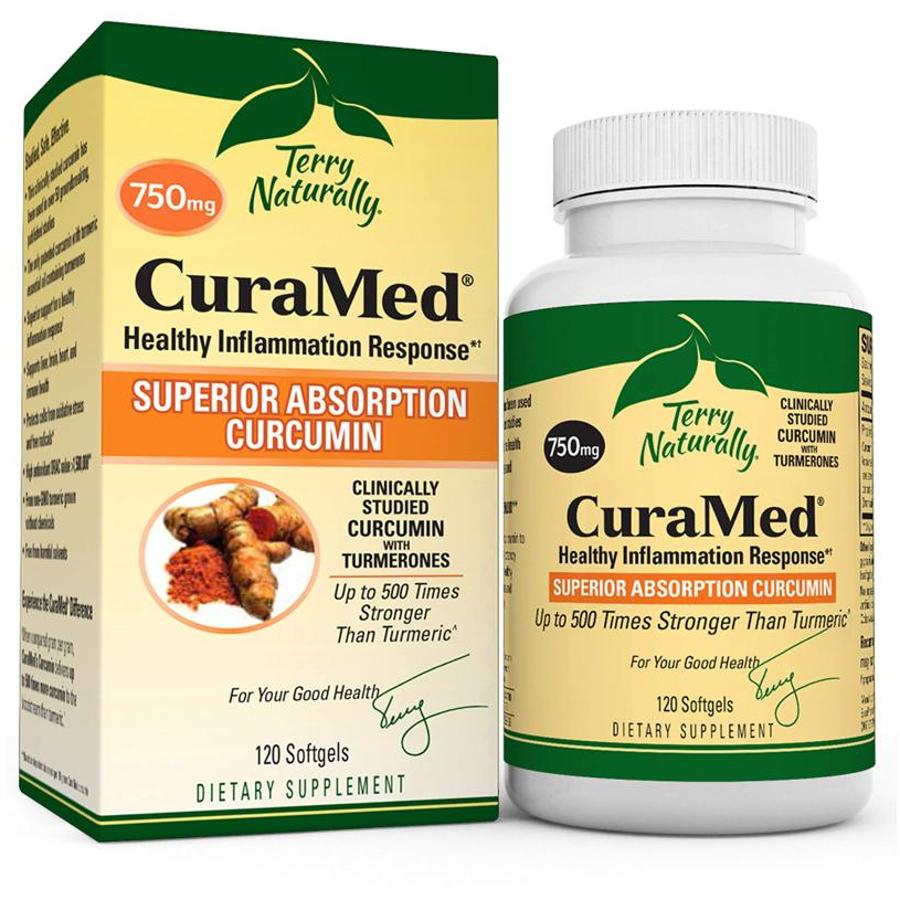Understanding Inflammation: A Comprehensive Guide for Chronic Pain Sufferers
Inflammation is a natural response of the body’s immune system to injury or infection. While acute inflammation is a necessary part of the healing process, chronic inflammation can have detrimental effects on health, particularly for individuals suffering from chronic pain. By understanding the causes, symptoms, and effects of inflammation, as well as implementing strategies to improve overall well-being, chronic pain sufferers can take proactive steps towards managing their condition and improving their quality of life.
Causes of Inflammation
Chronic inflammation can be caused by a variety of factors, including chronic conditions and lifestyle choices. Understanding these causes is crucial in managing inflammation effectively.
Chronic Conditions
Chronic conditions such as autoimmune disorders, chronic infections, obesity, and metabolic disorders can contribute to chronic inflammation.
- Autoimmune disorders: Rheumatoid arthritis and lupus are examples of autoimmune disorders that can lead to chronic inflammation. In these conditions, the immune system mistakenly attacks healthy tissues, triggering an inflammatory response.
- Chronic infections: Infections like hepatitis and tuberculosis can cause persistent inflammation in affected organs or systems.
- Obesity and metabolic disorders: Excess body weight and metabolic dysregulation can lead to low-grade inflammation throughout the body, contributing to the development of chronic conditions.
Product Spotlight
Aggregate Rating
Our Rating
NerveRenew Advanced Nerve Support by Nerve Renew offers a comprehensive solution for nerve health. Its main features include natural ingredients, targeted nerve repair, pain relief, improved nerve function, and overall support for a healthy nervous system.
Lifestyle Factors
Lifestyle choices play a significant role in inflammation. Making positive changes in these areas can help reduce chronic inflammation.
- Poor diet: Consuming a diet high in sugar, processed foods, and unhealthy fats can promote inflammation. On the other hand, incorporating an anti-inflammatory diet rich in fruits, vegetables, and fatty fish can help combat inflammation.
- Sedentary lifestyle: Lack of exercise and prolonged sitting can contribute to chronic inflammation. Engaging in regular physical activity, even low-impact exercises like swimming, yoga, or walking, can help reduce inflammation.
- Environmental toxins: Exposure to environmental toxins, such as pollution and smoking, can trigger inflammation in the body. Minimizing exposure to these toxins is essential for managing chronic inflammation.
Symptoms to Watch For
Recognizing the symptoms of inflammation is crucial for chronic pain sufferers. While symptoms can vary depending on the location and severity of inflammation, there are common signs to watch out for.
Localized Inflammation
Localized inflammation refers to inflammation that occurs in specific areas of the body, such as joints or muscles.
- Redness, swelling, and heat: Inflamed areas often appear red, swollen, and feel warm to the touch.
- Pain and tenderness: Inflammation can cause pain and tenderness in the affected area, making movement uncomfortable.
- Loss of function or mobility: In severe cases, inflammation can lead to a loss of function or mobility in the affected area.
Systemic Inflammation
Systemic inflammation refers to inflammation that affects the entire body. It can manifest with general symptoms.
- Fatigue and general malaise: Systemic inflammation can cause feelings of fatigue, tiredness, and overall discomfort.
- Fever and chills: In some cases, systemic inflammation may lead to fever and chills.
- Joint pain and stiffness: Chronic inflammation can cause joint pain and stiffness, limiting mobility.
Effects of Inflammation on Health
Chronic inflammation can have profound effects on health, particularly for individuals suffering from chronic pain. Understanding these effects is crucial in managing inflammation and improving overall well-being.
Impact on Chronic Pain
Chronic inflammation can significantly impact chronic pain, exacerbating symptoms and reducing quality of life.
- Increased pain sensitivity and intensity: Inflammation can heighten pain sensitivity, making chronic pain feel more intense.
- Potential for pain to spread: Inflammation can cause pain to spread to other areas of the body, further complicating chronic pain conditions.
- Impaired quality of life: Chronic inflammation can impair daily functioning and reduce overall quality of life for individuals living with chronic pain.
Associated Health Risks
Chronic inflammation is associated with various health risks, including an increased risk of cardiovascular diseases and the development of chronic conditions.
- Increased risk of cardiovascular diseases: Chronic inflammation can contribute to the development of cardiovascular diseases, such as heart disease and stroke.
- Contributing factor to chronic conditions: Chronic inflammation is often a contributing factor to the development and progression of chronic conditions like diabetes and cancer.
- Negative impact on mental health and well-being: Chronic inflammation can also have a negative impact on mental health, leading to increased stress, anxiety, and depression.
Improving Life with Chronic Pain
While chronic pain and inflammation can be challenging to manage, there are strategies individuals can implement to improve their overall well-being.
Diet and Nutrition
- Anti-inflammatory foods: Incorporating anti-inflammatory foods into the diet, such as fruits, vegetables, and fatty fish, can help reduce inflammation.
- Avoiding trigger foods: Avoiding processed foods, sugar, and trans fats can help minimize inflammation.
- Adequate hydration and reducing alcohol consumption: Staying hydrated and limiting alcohol intake can support overall health and reduce inflammation.
Product Spotlight
Aggregate Rating
Our Rating
Terry Naturally CuraMed is a natural supplement that offers powerful support for a healthy inflammatory response in the body. With a unique blend of ingredients, it provides enhanced bioavailability and is backed by scientific research.
Exercise and Physical Activity
- Low-impact exercises: Engaging in low-impact exercises like swimming, yoga, and walking can help reduce inflammation and improve overall physical well-being.
- Strengthening exercises: Incorporating strengthening exercises specific to affected joints can help support joint health and reduce pain.
- Regular movement: Regular movement throughout the day can help prevent stiffness and improve circulation, reducing inflammation.
Stress Management and Self-Care
- Relaxation techniques: Practicing relaxation techniques such as meditation and deep breathing can help manage stress and reduce inflammation.
- Adequate sleep and rest: Getting enough sleep and rest is crucial for managing chronic pain and inflammation.
- Seeking support: Seeking support from healthcare professionals and participating in support groups can provide valuable resources and guidance in managing chronic pain and inflammation.
By understanding the causes, symptoms, and effects of inflammation, as well as implementing lifestyle changes and self-care strategies, chronic pain sufferers can take control of their condition and improve their overall well-being. It’s important to consult with healthcare professionals for personalized advice and guidance in managing chronic pain and inflammation.
References:


